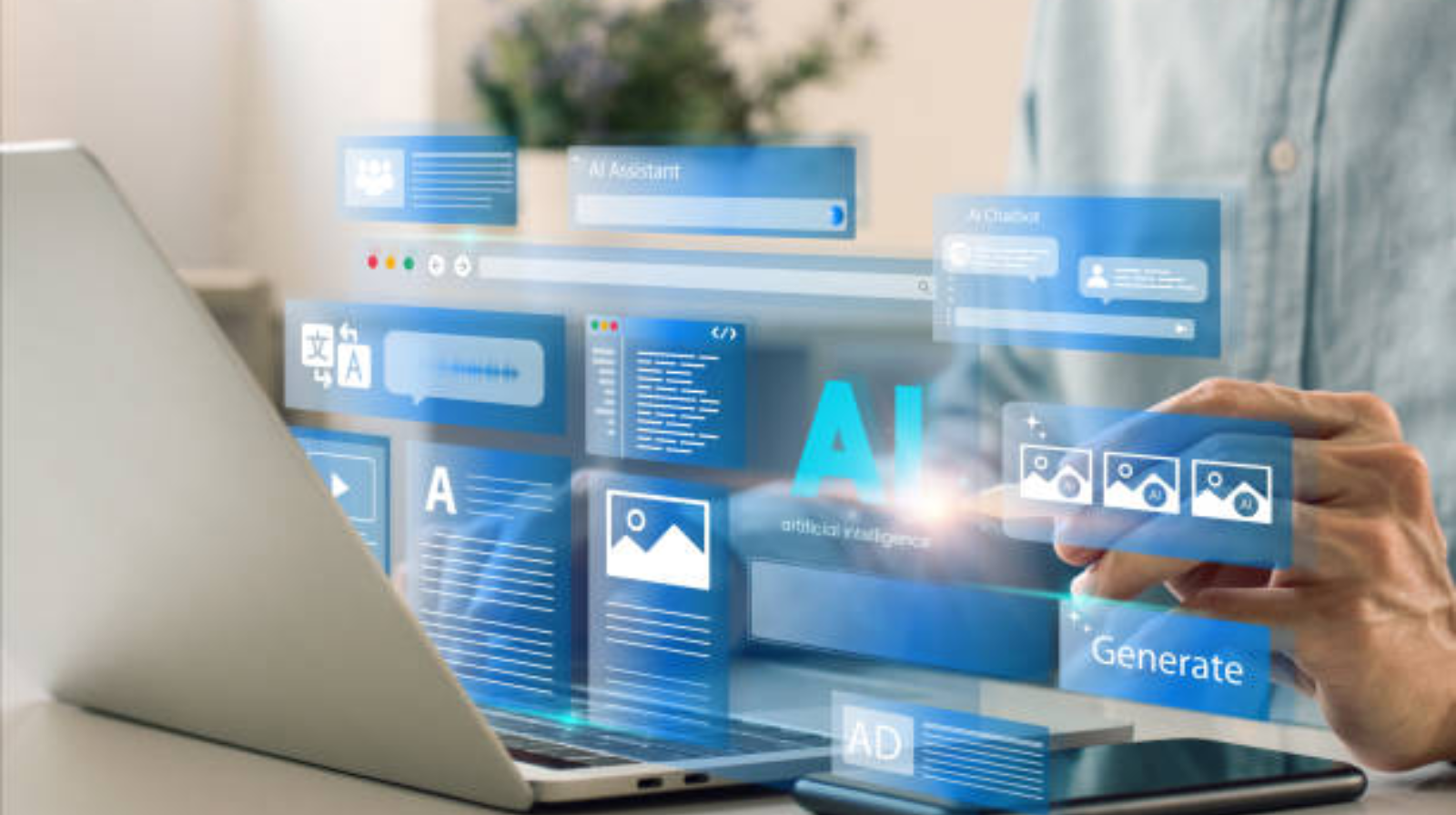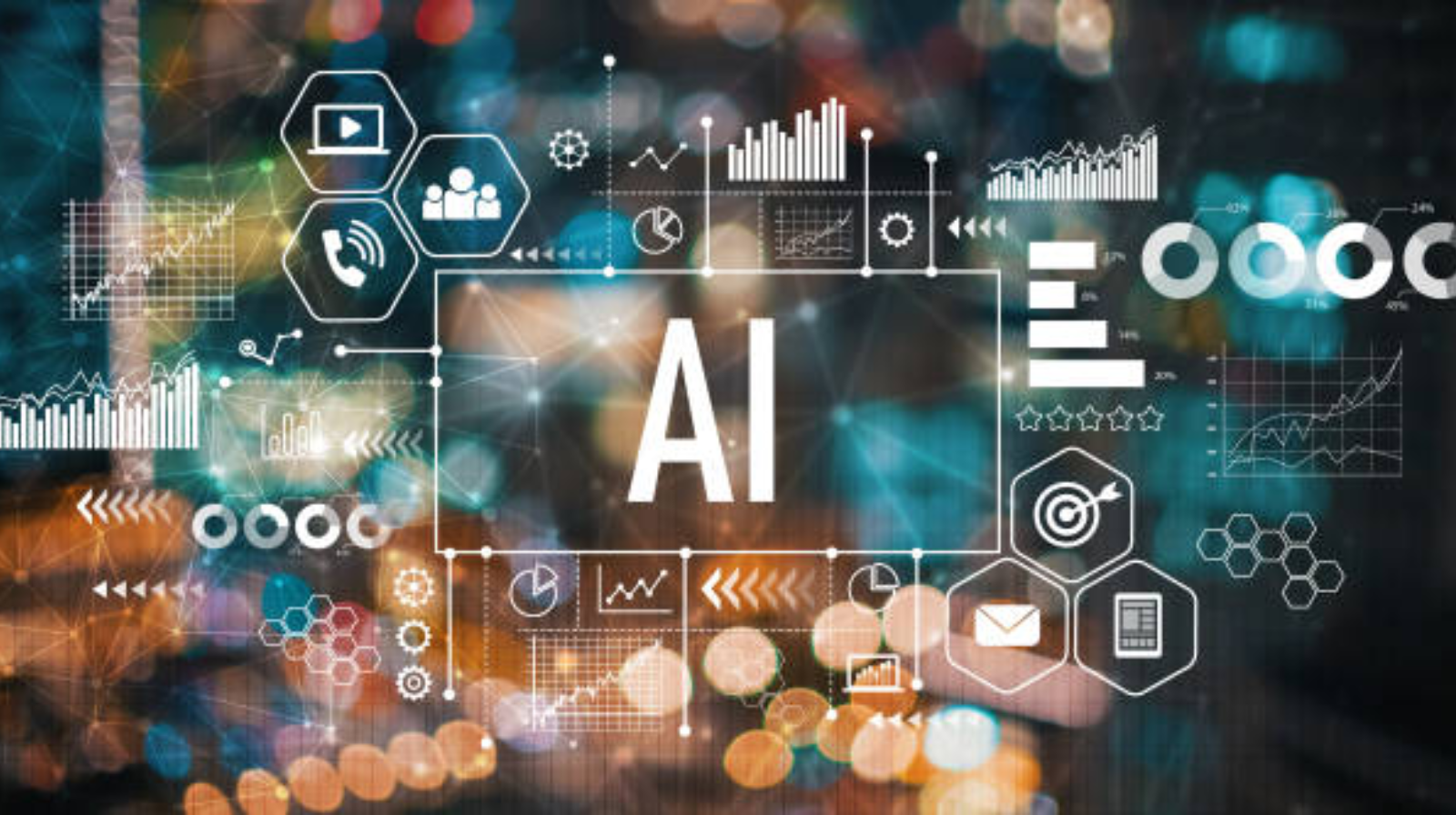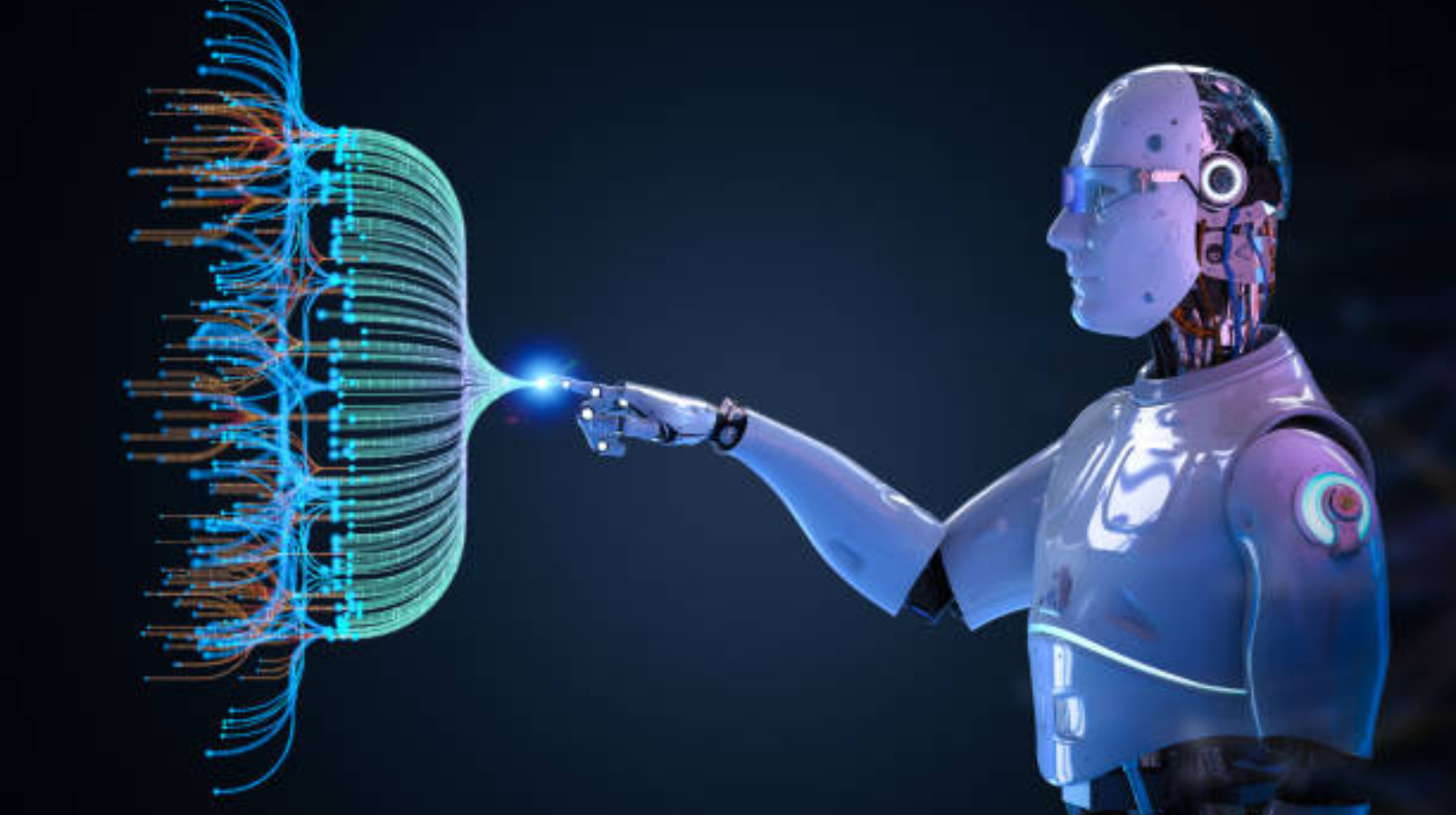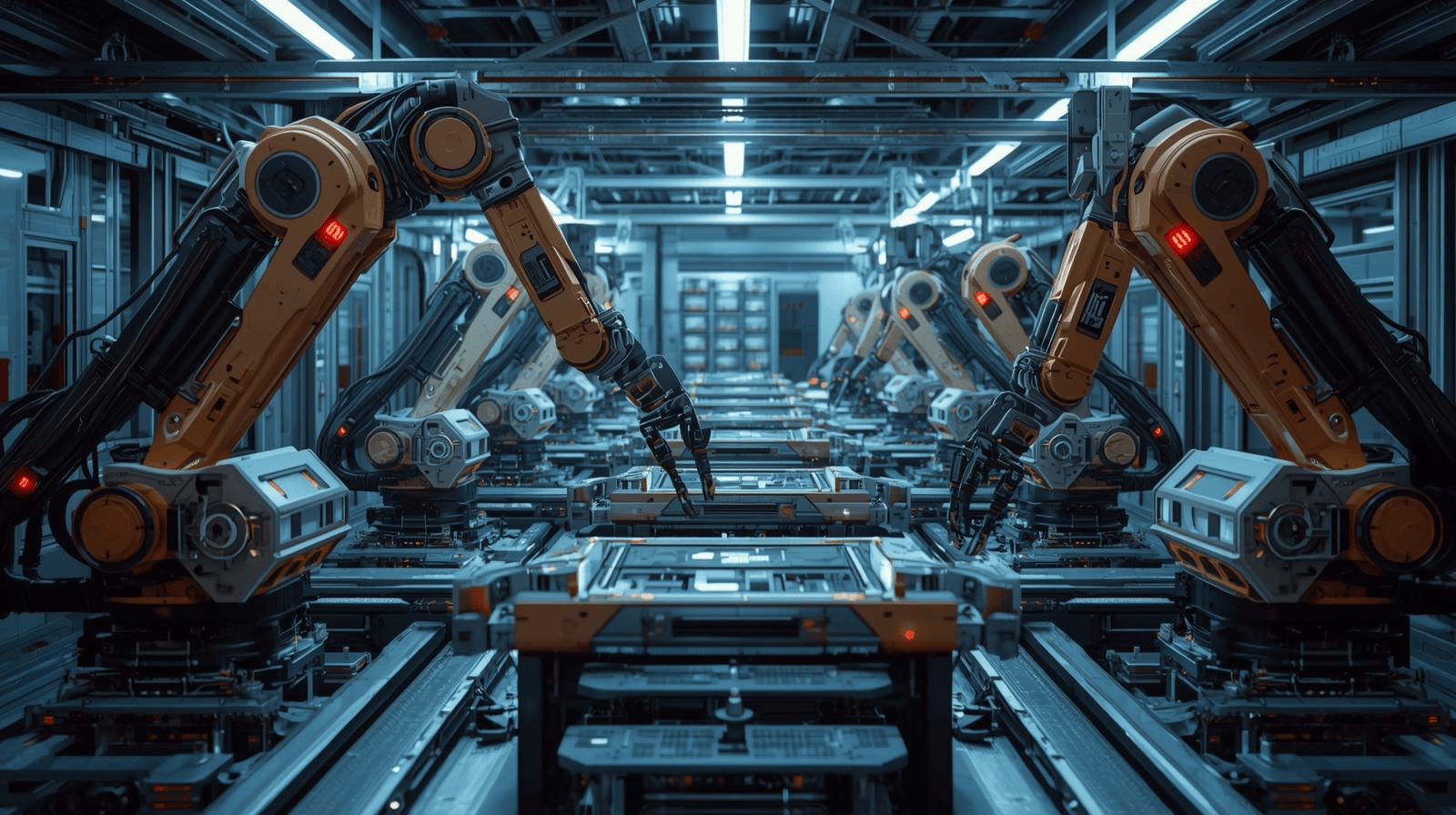Introduction
Artificial Intelligence (AI) is transforming industries across the globe, and the U.S. tech sector stands right at the centre of this digital revolution. From automating repetitive coding tasks to generating entire applications with minimal input, AI tools like ChatGPT, GitHub Copilot and Replit’s Ghostwriter are changing how software is built.This raises a powerful question that’s now sparking debate across Silicon Valley and beyond can AI replace U.S. app developers? Or will it simply become a partner that helps them work smarter, faster and more creatively?
Let’s explore what American companies and developers think about this rapidly evolving relationship between AI and human creativity.
AI’s Growing Role in App Development
In 2025, AI has become deeply embedded in every stage of the app development lifecycle from planning and coding to testing, deployment and user experience design. Modern AI tools can generate snippets of code, detect bugs, optimise performance, and even suggest UI layouts.
For instance:
- AI-driven code completion tools can predict what developers want to write next.
- Testing bots automatically scan for vulnerabilities and suggest fixes.
- Generative design systems can create app prototypes within minutes.
This level of automation is undeniably powerful but it doesn’t necessarily mean that human developers are becoming obsolete. Instead, it signals a major shift in how developers work.
Why AI Can’t Fully Replace App Developers
Despite AI’s impressive capabilities, it still has major limitations that prevent it from fully replacing human creativity, problem-solving, and contextual understanding.
1. Creativity and Innovation
App development isn’t just about writing code it’s about solving real problems through innovation. Human developers design with empathy, understanding user pain points, business goals, and cultural nuances. AI may generate solutions, but it lacks emotional intelligence and creative insight.
2. Complex Problem Solving
Many enterprise applications require intricate systems integration, architecture decisions and real-world adaptability. AI can assist in execution but struggles with strategic thinking something human engineers excel at.
3. Ethical and Security Decisions
Developing software often involves making ethical choices, especially concerning data privacy and user trust. Human oversight is vital to ensure that AI-generated code aligns with legal and moral standards.
4. Continuous Adaptation
Technology changes fast, and developers constantly learn new frameworks and languages. While AI can process data, it doesn’t truly “learn” from experience in the same intuitive way that humans do.
How AI Is Empowering U.S. Developers
Rather than replacing developers, AI is becoming a co-pilot a powerful assistant that helps engineers work more efficiently.
1. Boosting Productivity
AI automates time-consuming tasks like debugging, documentation, and testing, allowing developers to focus on creativity and innovation. With AI assistance, teams can launch high-quality apps faster and reduce development costs.
2. Reducing Human Error
AI algorithms can scan through thousands of lines of code to detect syntax errors, potential bugs or inefficiencies something that would take hours for a human to spot manually.
3. Accelerating Learning
AI-powered coding assistants provide real-time suggestions and explanations, helping junior developers learn new languages and frameworks quickly.
4. Improving User Experience
AI also assists in the design phase. By analysing user data and behaviour patterns, it can suggest intuitive UI designs that enhance usability and engagement.
What American Firms Think About AI’s Role
Across the U.S., tech leaders see AI as a strategic advantage, not a threat. While some fear that automation could lead to job cuts, most forward-thinking companies view AI as a way to upskill employees and improve productivity.
Here’s what many American firms are focusing on:
1. Collaboration Over Replacement
Major companies like Google, Microsoft and Meta are integrating AI tools into their development workflows, but not to eliminate developers rather to empower them. The belief is that AI and humans together produce better outcomes than either could alone.
2. Demand for “AI-Literate” Developers
The job market is evolving. Employers now seek developers who understand both coding and AI professionals who can train, refine, and integrate AI models into applications.
3. New Job Opportunities
Instead of replacing jobs, AI is creating new roles: AI engineers, prompt designers, model trainers and automation specialists are now among the most sought-after positions in the U.S. tech sector.
4. Focus on Quality and Security
AI-generated code still needs human review. Many firms emphasise the importance of human oversight to ensure code integrity, cybersecurity and compliance with U.S. tech regulations.
AI and the Future of App Development
The future of app development in America will likely be human-AI collaboration, not competition. Developers who learn to use AI tools effectively will become far more valuable than those who resist them.
We can expect a new generation of “AI-augmented developers” who:
- Use AI for rapid prototyping and testing.
- Spend more time on creativity and problem-solving.
- Deliver higher-quality applications at lower costs.
AI will handle the repetitive groundwork, while humans will continue to drive innovation, vision, and strategic direction.
The Changing Skillset of Developers
To stay relevant, U.S. app developers must embrace a hybrid skillset that blends traditional coding with AI knowledge. Key skills include:
- Understanding how AI models work and how to fine-tune them.
- Using AI-based tools like GitHub Copilot, ChatGPT, and Amazon CodeWhisperer.
- Analysing AI-generated outputs for accuracy and security.
- Staying informed about ethics, bias, and data privacy in AI systems.
This evolution means the best developers of the future won’t just write code they’ll collaborate with machines to build smarter, faster, and more adaptive applications.
The Human Touch Still Matters
Even as AI grows more powerful, the human touch remains irreplaceable. Developers bring creativity, cultural awareness and empathy traits that no algorithm can replicate. The apps that truly stand out are those built with a deep understanding of human needs and emotions.
AI can generate, but it can’t feel. That emotional intelligence is what keeps humans at the heart of technological progress.
Conclusion
So, can AI replace U.S. app developers?
The answer is no but it will change their roles forever.AI is reshaping how software is built, making the development process faster, smarter, and more efficient. But behind every great AI tool, there’s still a human mind guiding its direction.American firms understand this balance they see AI not as a replacement, but as a revolutionary partner. The future of app development belongs to those who can collaborate with AI, not compete against it.
In short, the most successful developers of tomorrow will be those who master both code and cognition blending human creativity with artificial intelligence to build the next generation of digital innovation.





